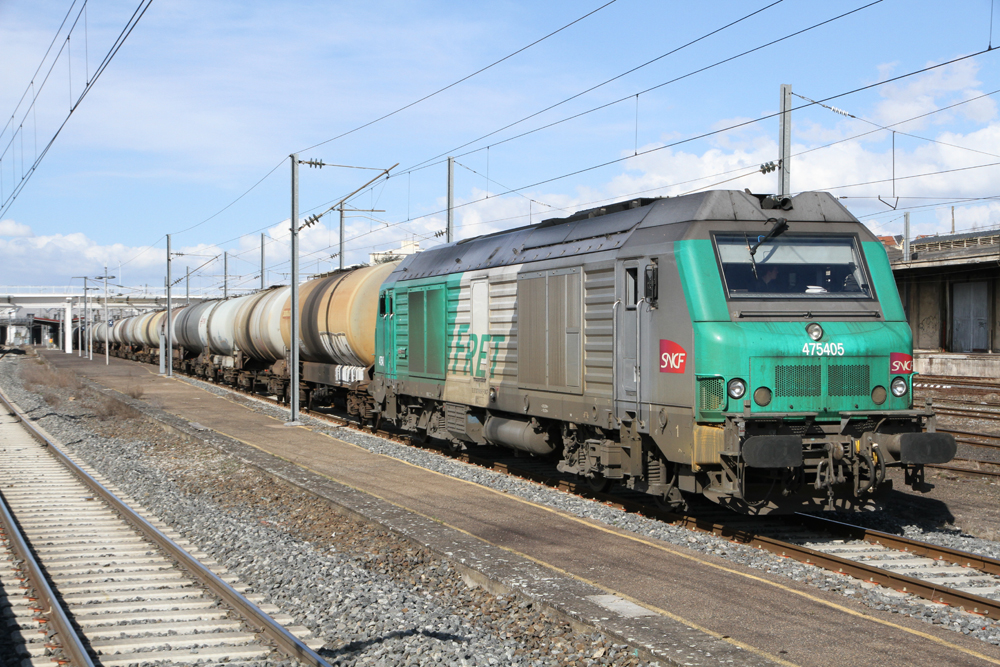
Europe’s biggest rail freight companies are facing major challenges in 2024, despite efforts by politicians to encourage more freight movement by rail and less by road. In some countries, new ownership or new companies are challenging established operators and providing business opportunities for smaller companies.
In most of Europe, the biggest rail freight company is an arm of the state railway, or, where privatization has occurred, the former state railway. However, this is changing, partly due to European regulators intervening and partly as new investors enter the market.
Regulatory action leads to changes in France
A long-running investigation by the European Union looked into unfair state support for Fret SNCF, the freight business of French Railways (SNCF). As a result, SNCF agreed during 2023 to break up the business and hand some traffic to competitors to avoid further sanctions and investigations. The decision, while portrayed as being by SNCF, was made by the French government, which wanted to avoid more dramatic possible outcomes. The likely alternative would have likely been enforced repayment of money that had been inappropriately provided; this would have resulted in the bankruptcy and closure of Fret SNCF.
Between 2007 and 2019, Fret SNCF recorded losses of €5.3 billion ($5.8 billion). These were covered by transfers within the SNCF holding company, regarded by the EU Commission as unfair state aid, as the SNCF holding companies are entirely owned by the French state and rail freight is supposed to be a commercial activity. A €170 million ($187 million) capital injection by the government at the time of a 2018 rail reform was also identified as unfair aid.
In the last two years, Fret SNCF had begun to report operating profits (€208/$228 million on turnover of €1.7/$1.86 billion in 2022 and €226/$248 million in 2021), but it appears these were largely due to cost-saving measures and one-off sales of subsidiary companies — helping to reduce debt — or direct subsidies for operation of carload traffic.
The decision to break up the company has provoked widespread criticism in France, where Fret SNCF had embarked on a cost-reduction program. Fret SNCF will be split into two new companies, which may later be part or wholly privatized, and around 30% of current traffic (20% of revenue), plus equipment (including 53 locomotives) will be handed to competitor operators. These explicitly exclude any of SNCF’s many freight subsidiary companies. Over 500 jobs will likely be cut, and French rail trade unions are objecting strongly, although it is unclear whether the government will change its mind.
Fret SNCF will likely be forced to lose intermodal and block train traffic, while retaining carload traffic. This has been growing in recent years, in part helped by generous government subsidies, as is the case in some other EU countries. The French government announced in May 2023 it would make available €320/$351 million a year in rail freight subsidies — for all qualifying operators, not just Fret SNCF. Over half of the subsidies are to reduce track-access charges by another division of SNCF. The government has committed to providing the rail-freight operating subsidy until at least 2030 as part of efforts to meet its target of doubling rail’s share of freight transport this decade.
Wider implications?
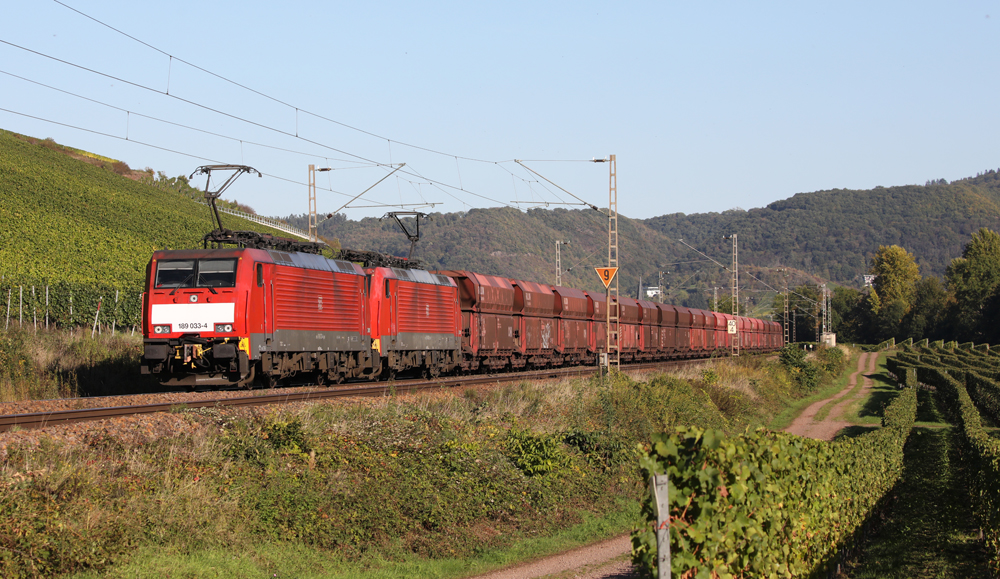
SNCF is not the first state railway to run afoul of EU state-aid rules, but the Fret SNCF case has led industry observers in Germany to discuss whether DB Cargo might suffer a similar fate, as it also consistently loses money yet remains in business thanks to its parent company.
DB Cargo, owned by national rail company Deutsche Bahn, is Germany’s biggest rail freight firm. Like Fret SNCF, DB Cargo has benefited from investment made by the wider DB group and the German government while, like its French counterpart, routinely losing money. In 2022 DB Cargo reported a loss of €257/$282 million on turnover of €5.2/$5.7 billion. DB Cargo has also expanded across Europe, buying existing rail freight companies in several countries and setting up new operations in others. Since 2017, it has spent €1.7/$1.87 billion on new equipment — mostly freight cars and locomotives — for its German and European businesses.
The possibility that DB Cargo will be forced to break up its business, as happened in France, is being taken seriously, and in late 2023 DB Cargo announced a series of cost reductions and layoffs in its non-German companies. Engineers were laid off by its British business, previously named EWS and largely owned by Wisconsin Central. DB bought it from Canadian National, which purchased WC in 2007. Rail unions are reporting similar layoffs in Germany.
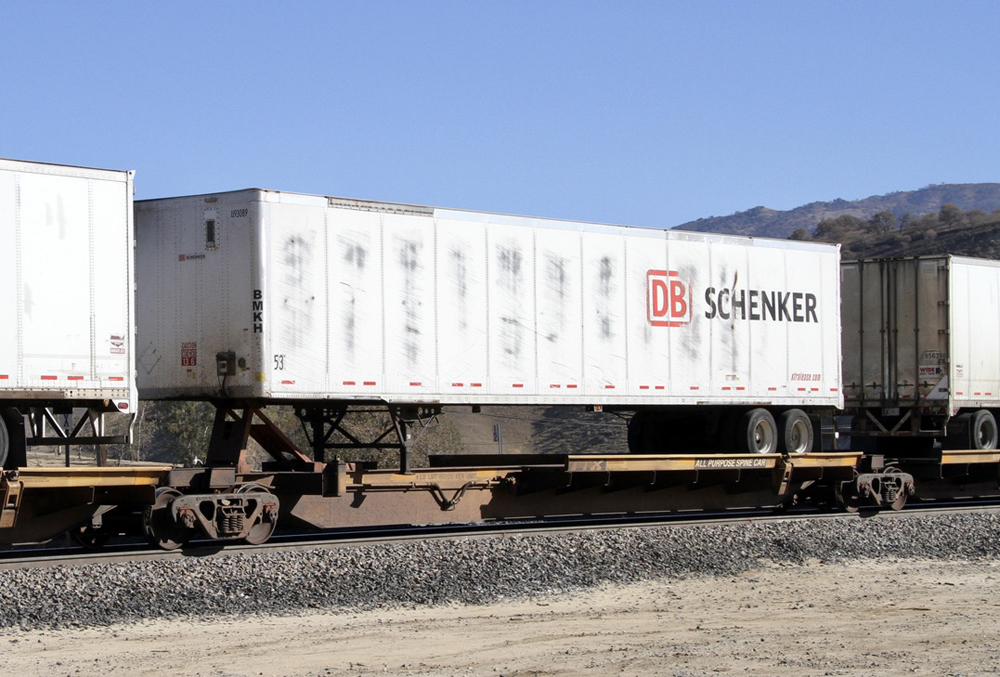
DB announced the sale of its logistics arm, DB Schenker, in mid-December, but this does not include DB Cargo. DB Schenker has been consistently highly profitable, with profit of €1.84/$2 billion on turnover of €27.6/$30.3 billion in 2022. DB is selling DB Schenker primarily at the behest of the German government, its shareholder — in part to repay debts and in part to force DB to focus on running Germany’s rail system properly.
DB Cargo has multiple competitors in Germany, although the majority are specialist or short line-type operators. The biggest competitor is the German subsidiary of Italian state railway FS. Its Mercitalia freight company bought one of the largest private German rail freight companies, TX Logistics, which specializes in intermodal traffic between Europe’s main northern ports and Italy, in a deal finalized in December. The Italian freight business of FS subsidiary Trenitalia has also been the subject of a European antitrust investigation that concluded in November 2023; unlike the French case, the investigation largely approved the assistance Trenitalia had been given.
Private companies becoming more important
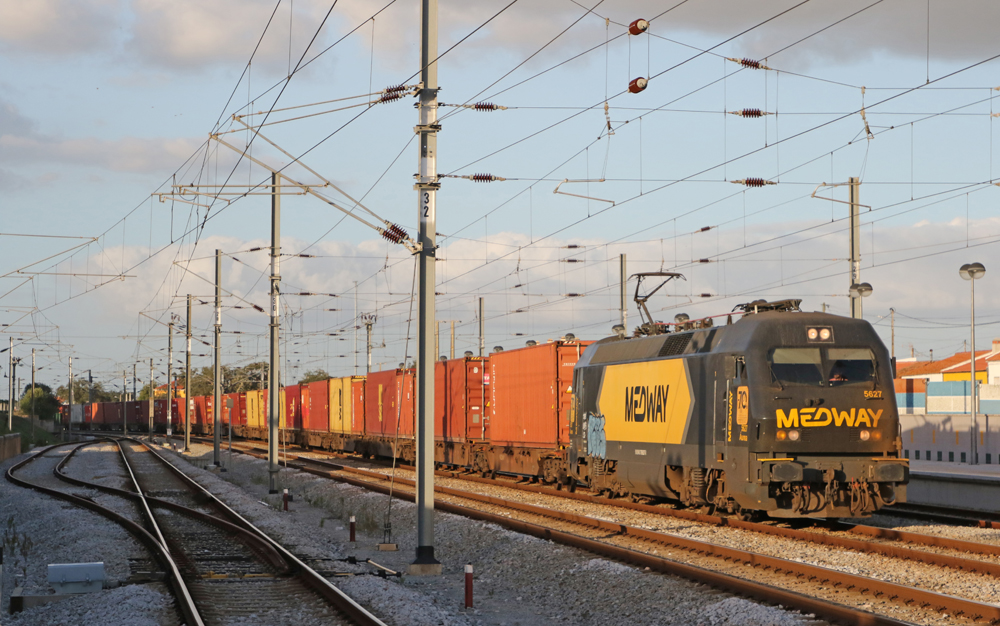
Elsewhere in southern Europe, a major new player in rail freight is emerging — and the company concerned is already the world’s biggest shipping line. Mediterranean Shipping Company has been spending considerable money in recent years expanding into businesses that complement its main business. Italian media reports in 2023 suggest the privately held, Swiss-based company made profits of €36.2 billion ($39.7 billion) in 2022, which if correct suggest it has substantial funds to invest. MSC has bought Portugal’s former state-owned rail freight company and set up several new rail freight companies in Italy and Belgium; all are branded Medway. It also owns some rail concession operators in West Africa, and recently agreed to buy half of privately owned Italian high speed rail operator Italo from American investors. MSC was already involved in the passenger transport market via cruise ships and ferries.
By expanding into rail freight, MSC controls more of the entire logistics process, as it also owns many of the containers its customers use, as well as the ships they sail on. For some routes, it now controls the journey from factory or distribution hub to the port where the container is loaded on one of its 500-plus ships for transport all over the world. Perhaps not surprisingly, MSC has been suggested as a potential purchaser of DB Schenker, but there are several potential bidders and the outcome will not be known until mid-2024.
This year will see Medway, which has owned the Portuguese state-owned rail freight company since it was privatized in 2015, finalize a new joint venture with Spanish government-owned rail freight company Renfe Mercancías. The agreement will see it acquire a 50% stake in the loss-making company. Rail handles only 4% of freight transport in Spain as of 2021, whereas in Portugal, where Medway is the largest operator, it is 11% — so there would appear to be scope for Medway and Renfe Mercancías to grow the market.
During late 2023 MSC also became co-owner of Europe’s biggest port in Hamburg, Germany, alongside the local state government. Hamburg port operator HHLA was already a major rail freight operator via its Metrans subsidiary, which hauls intermodal traffic between Germany and eastern Europe. In the U.S., MSC has not entered the rail market, but a subsidiary is an investor in a planned rail-served container terminal at the Port of New Orleans [see “Port of New Orleans announces plans …,” Trains News Wire, Dec. 13, 2022].
Elsewhere in Europe, rail freight companies have been privatized with mixed results. The biggest company to be privatized is Poland’s former state-owned PKP Cargo, which has been majority private owned since a flotation on the Warsaw stock exchange in 2013-14. Around a third of the stock is still held by Polish state-owned rail holding company PKP, with the rest owned by Polish and international investors. PKP Cargo remains the biggest rail freight company in Poland, but faces competition from companies including DB Cargo, which invested heavily in new equipment after expanding a Polish company it bought in 2009, rebranding it DB Cargo Polska. PKP Cargo announced a return to profitability in 2023 after the combined impact of the COVID-19 pandemic and the war in neighboring Ukraine hit the business hard in recent years.
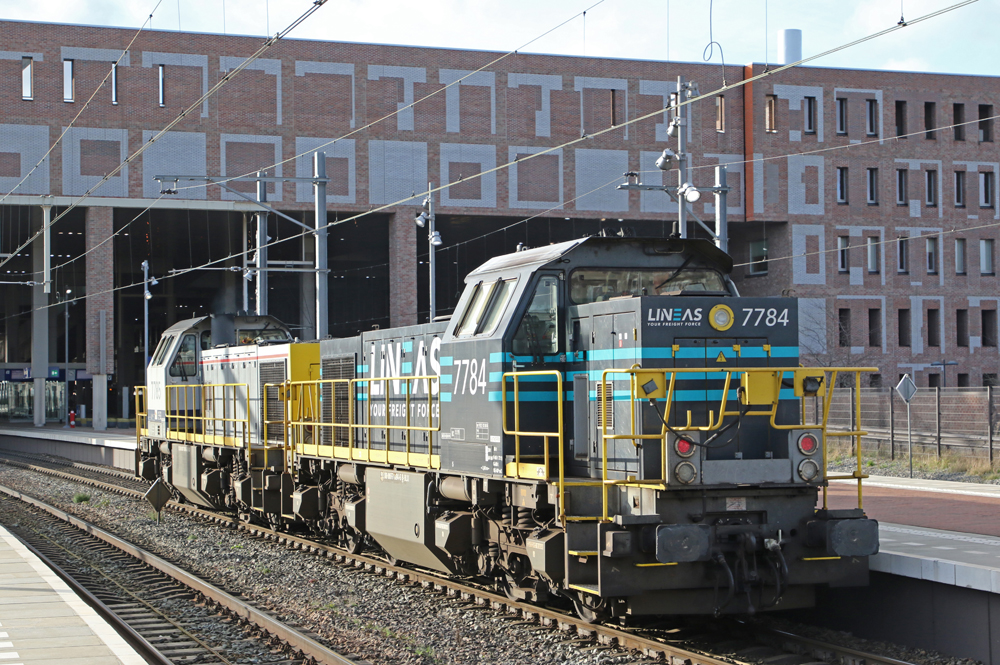
In the much smaller countries of the Netherlands and Belgium, the state-owned rail freight companies have been sold. In the Netherlands, the business was bought by DB Cargo as long ago as 2003. In Belgium, the former rail freight arm of Belgian national rail operator SNCB was privatized and sold in 2015 to a French investment firm, which now owns 90% of the company, rebranded as Lineas. The Belgian government and management retain a small share. Lineas has described itself as the “largest private rail freight operator in Europe.” It has expanded its operations in the last five years, focusing on long-distance traffic from the Dutch and Belgian North Sea ports using a fleet of leased electric locomotives, but has seen several years of losses with substantial amounts of debt. In late 2023, Lineas was reported to be seeking new investors.






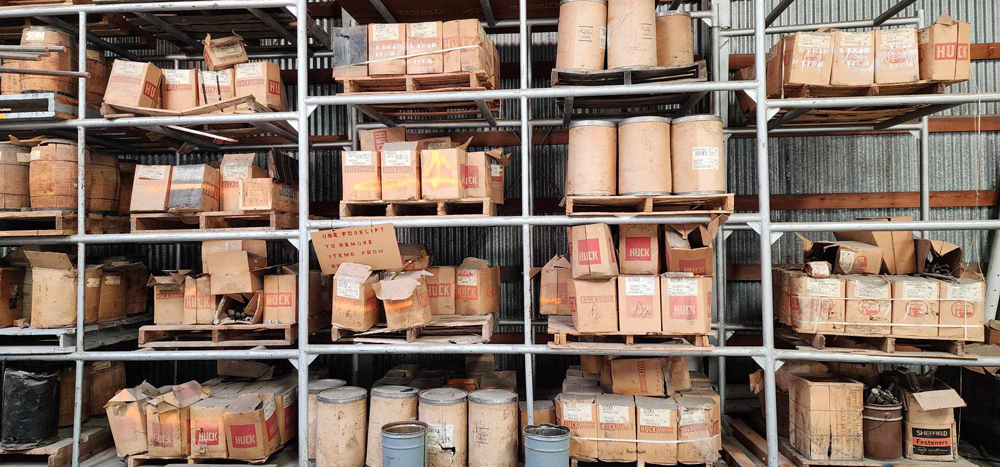
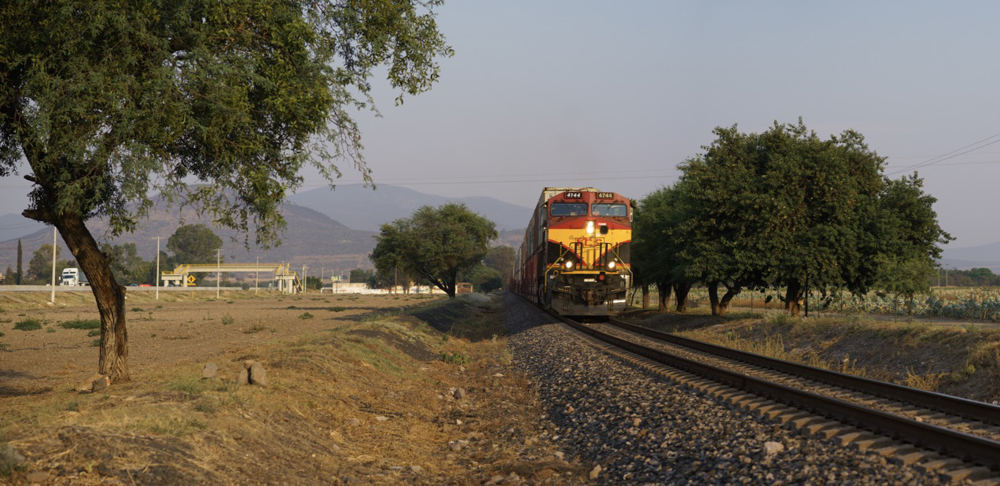


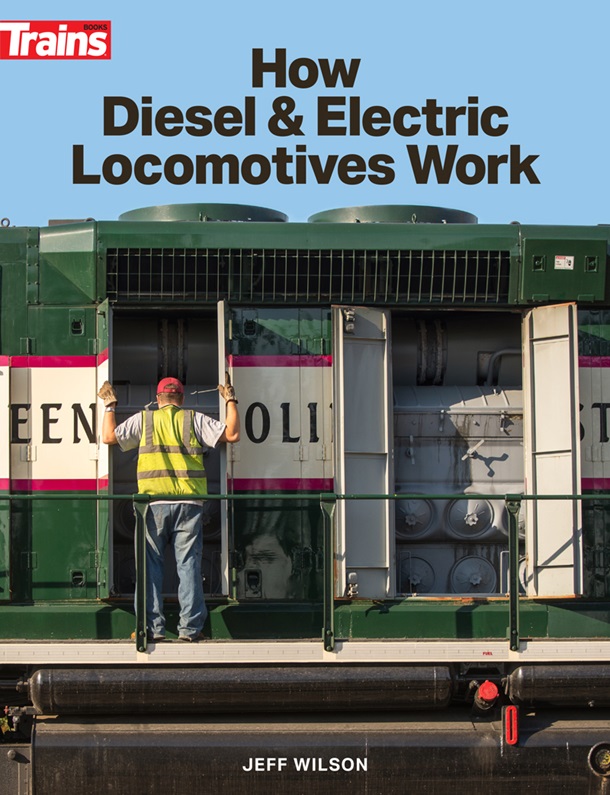


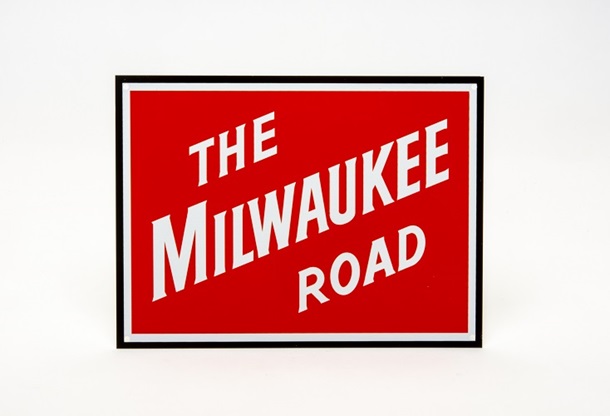
Just glad this will never happen in the US under current anti-trust regulations, although many short lines owe their existence to the Staggers Act that forced the Class Ones to rationalize their railroad systems after the Northeast Railroad fiasco of the 1970’s. That led to the creation of Conrail and the abandonment of thousands of small parallel freight systems and low value properties, as well as the biggest bankruptcy in US history at the time, Penn Central.
“Europe’s biggest port in Hamburg, Germany …”
Rotterdam is Europe’s biggest port, much larger than Hamburg.